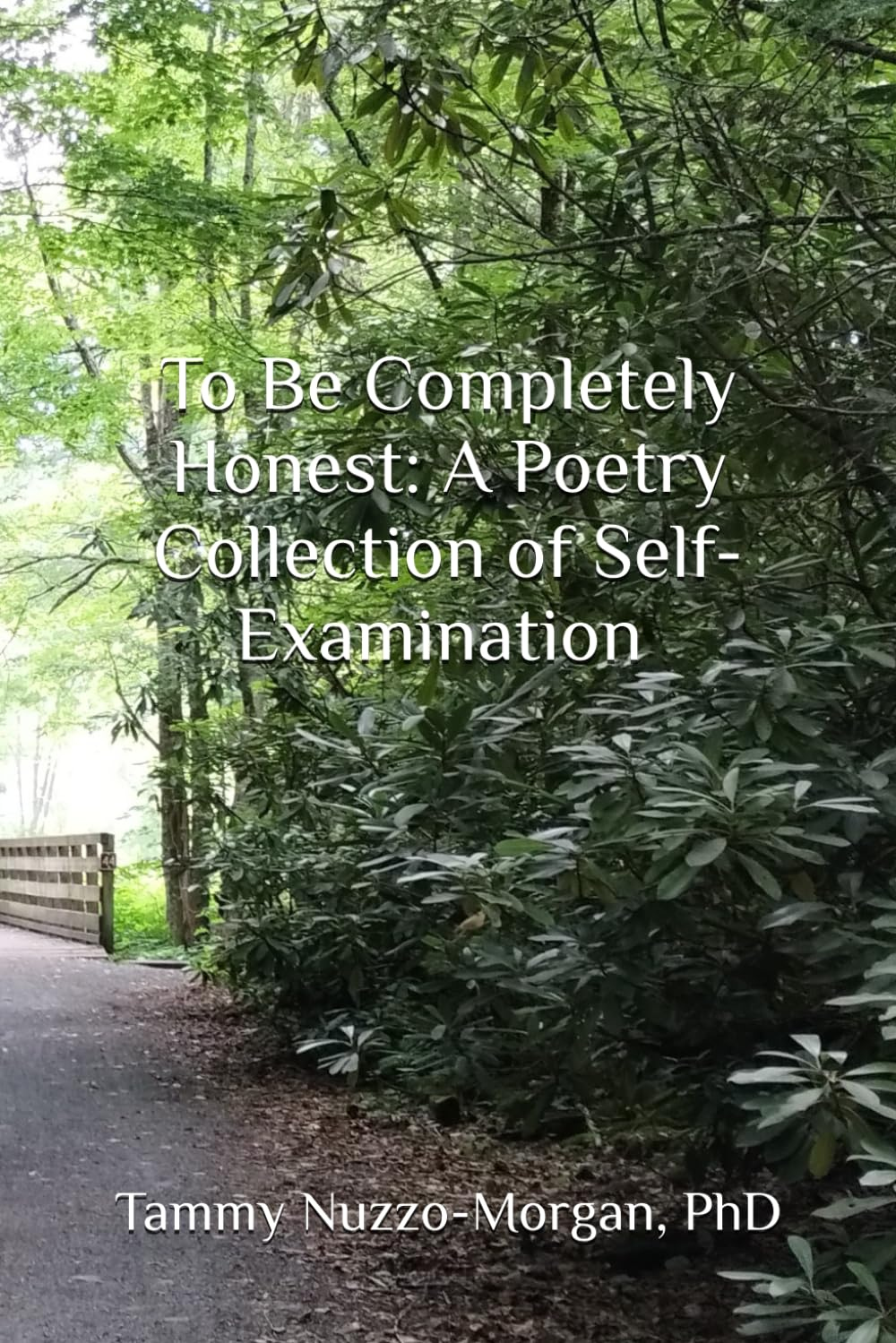To Be Completely Honest Anthology Comments by Dr. Carol Barrett

Some Notes on To Be Completely Honest Anthology (by Dr. Carol Barrett)Anthologies may have several functions. Here are some thoughts about those that seem to succeed best in this work.
I. The Encouragement of the Writing Lives of Contributors The collection represents the work of many writers, and I can well imagine publication has been a serious encouragement to them. You have permitted ample space for the bios at the end of the work, have often included multiple poems by the same poet (which is relatively unusual), and a wide range of poets in terms of prior experience is apparent from reading the bios. So the work undoubtedly functions to promote the potential of these poets for future writing and publication, and also probably functions to build stronger community among those whose work is sampled. This is to be celebrated, indeed!
II. The Engagement of the Theme of Self-Reflection The goal to provide an opportunity for self-reflection through first-person lyric poems has clearly been realized. Given the incorporation of the title of the collection into several of the poems, I surmise that some of these poems were written in response to the announcement of the project. Themed work was sought, and new work indeed materialized. You have prompted creativity among your poetry community, and those who took you up on the appeal have new work to show for it. That is the second real success of the project.
III. The Potential Enhancement of Healing or Self-Knowledge For some poets, including perhaps some you chose not to publish, the opportunity you presented enabled greater self-knowledge, and potentially contributed to healing from damaging situations. We know creative work can do this, and while it would take an interview with the poets to know for sure, I predict the self-discoveries have led to greater self-respect, more emphatic refusal to be manipulated or abused, and greater determination to live in accordance with valued principles. Even for those poets whose poems seem “stuck” in a place of melancholy, perhaps the naming of their feelings can make them more open to therapeutic encounters in the future. This is not a small achievement.
IV. The Contribution to Art The value of a work of art is assessed in various ways depending of course on the evaluator. I experienced the cover image as inviting the subject of the collection, suggesting perhaps a solitary walk in nature when one could be in dialogue with oneself, in the company of trees, or perhaps a tumbling creek just ahead. The individual works within the collection I found somewhat variable in quality. Some works encourage new insights about the subject matter for me. Readers of course vary greatly. Since I have worked in the field of psychology for decades, I am probably a “tougher” reader of poems dedicated to self-exploration than others may be. While I certainly found moments of surprise and delight, novel imagery and unexpected “turns” in many of the other poems, they did not have the same impact for me.
Such are my thoughts, Tammy! Revel in your accomplishment!
Dr. Barrett's short bio:
Carol Barrett holds doctorates in both clinical psychology and creative writing. She is a professor and coordinates the Creative Writing Certificate Program at Union Institute & University. She is also a professor at Saybrook University. Her books include Calling in the Bones, which won the Snyder Prize from Ashland Poetry Press. Her poems have appeared in many magazines and anthologies including JAMA, Poetry International, Nimrod, Poetry Northwest, and The Women’s Review of Books. A former NEA Fellow in Poetry, she lives in Bend, OR.